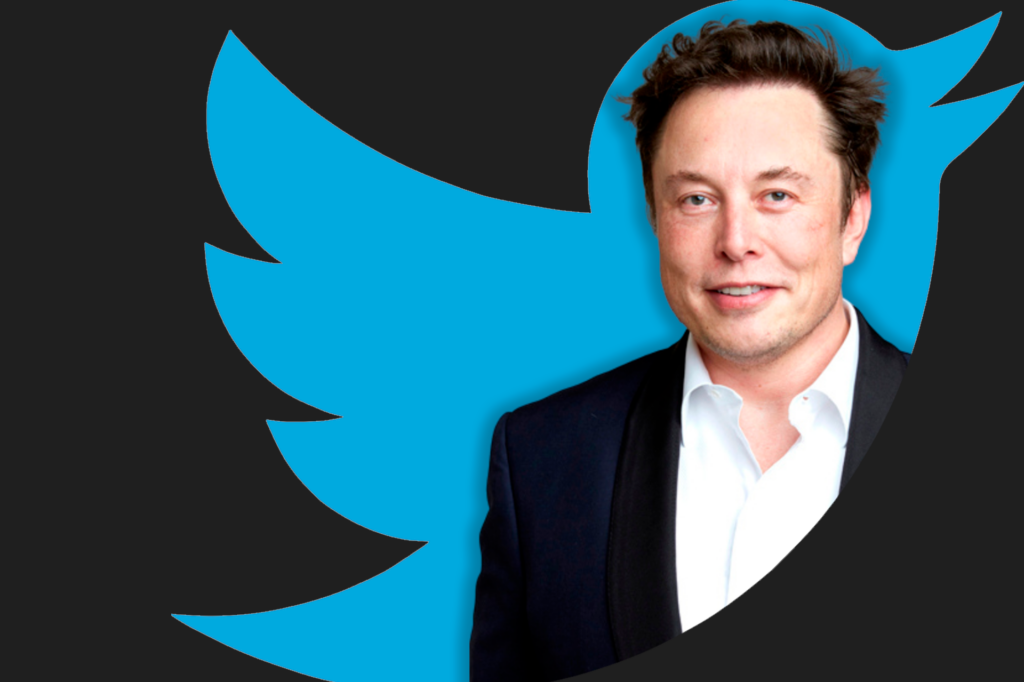
A lot has happened since Elon Musk announced he was willing to pay $44 billion to own Twitter. As he walks around the company's facilities sharing his vision for the future of the platform, Twitter shareholders have launched a lawsuit against the entrepreneur, alleging that he is damaging the value of the company in order to renegotiate the price of his purchase.
This has been compounded by fears that the deal simply won't go through, as Elon argues that the platform has many users who are not real. According to a tweet Musk posted last month, the eccentric billionaire charged that 20 percent of accounts on the platform are fake or spam, well above the 5 percent that Twitter reports internally.
From tweets to politics
In Latin America, political parties and candidates have well understood the importance of social networks in electoral processes.
During the recent presidential election in Colombia in which Gustavo Petro was elected president, according to Meta data, the leftist candidate spent 2.23 billion Colombian pesos in the last ninety days, equivalent to just over $538,000 on his platforms from March 27 to June 24.
Meanwhile, Federico "Fico" Gutierrez, another presidential candidate in Colombia's 2022 presidential race, spent 1.78 billion Colombian pesos, or just over US$428,000, in the same period.
It should be noted that these figures do not include other social networks, time on radio, television or inserts in national newspapers, among others.
While researchers caution that there is no causal relationship between fake news and social media bot activity and actual votes in elections, it is undeniable that the political propaganda landscape has been profoundly altered by technology and social media, otherwise we would not see these million-dollar expenditures in election contests.
Another example is the 2016 elections, where. research from Princeton University determined that despite fake news and suspicious accounts that sought to position then-candidate Donald Trump, Twitter acted against the former president as the platform was used to criticize him during his candidacy and presidency.
In general, the researchers detail, social network users tend to be young populations in urban areas, who tend to have a preference for the Democratic Party. However, they caution that this research does not include Facebook or other social networks, where the picture can be very different.
It is this difference between users who support Democratic candidates that is at the root of Musk's interest, who has been outspoken against left-wing politicians and Democrats in general.
The reason for buying the social network, in Musk's words, is that "it is very important that it be an exclusive arena for free speech." This action is clearly driven by the policies of combat against the misinformation and hate speech that the platform and user migration after the suspension of Donald Trump's account.
The truth is that the speeches of the American Far Right are openly and frankly approaching hate speech that clearly violates Twitter's community rules. From rejection and aggression against the LGBTIQ+ community to calling for attacks motivated by religious extremists.
The problem of bots
For the current executives of the bluebird social network, bots and fake accounts help inflate the numbers of active users to investors, while generating interaction on the platform.
Musk's intentions, on the other hand, are contradictory. He sets out to reduce the presence of fake accounts while announcing a position of disdain for active moderation and restriction of outrageous posts.
Behind the tycoon's free speech speech he hides a purely political motivation, he doesn't like the composition of the population of his favorite social network and he has enough money to change it. Bots and other issues about the ethics and importance of the platform in our daily lives, unfortunately, are secondary.
The problem of statistics lies in the methodology, in other words, in how the parameters are constructed to measure the object of study of interest.
Twitter cautions that its 5 percent estimate is based only on monetizable users, so the figure applies only to that population. In contrast, SparkToro conducted an investigation in which they conclude that 19.42 percent of a sample of 44,058 randomly selected public twitter accounts are fake or spam.
We can come close to a definitive figure but the answer is as elusive as the very definition of fake users. They are not just "bots", i.e. programs and code designed to write tweets automatically and mechanically, there are also people paid for specific purposes.
SparkToro's methodology, for example, distinguishes between the two and explains the differences between an "organic" and an "engineered" account. Of course, these "designed" accounts that are often called "trolls" or "spam" can interact with other users when they are accused of being "bots" making it more difficult to recognize them.
The job of these accounts is to spread disinformation and attack people and figures as in the case of the Mexican State News Agency, Notimex, in Mexico. They are also used for marketing and product promotion, but undoubtedly the biggest use of fake accounts is in politics, from buying interactions to position a character in the public arena to dirty war campaigns.
You may be interested in: Alexa to bring back the voice of deceased people


